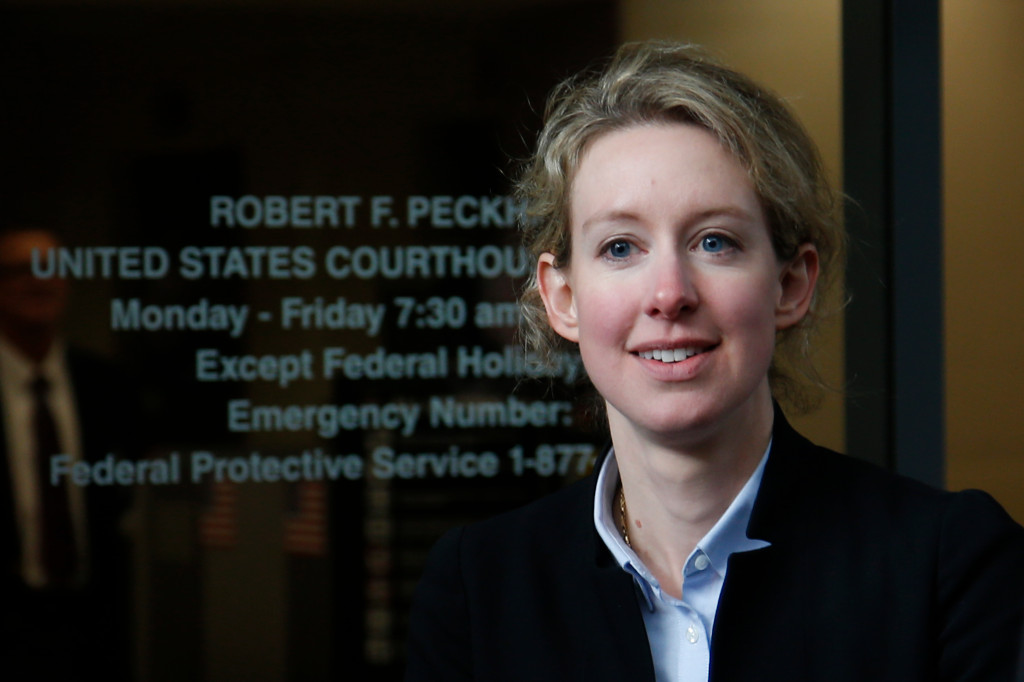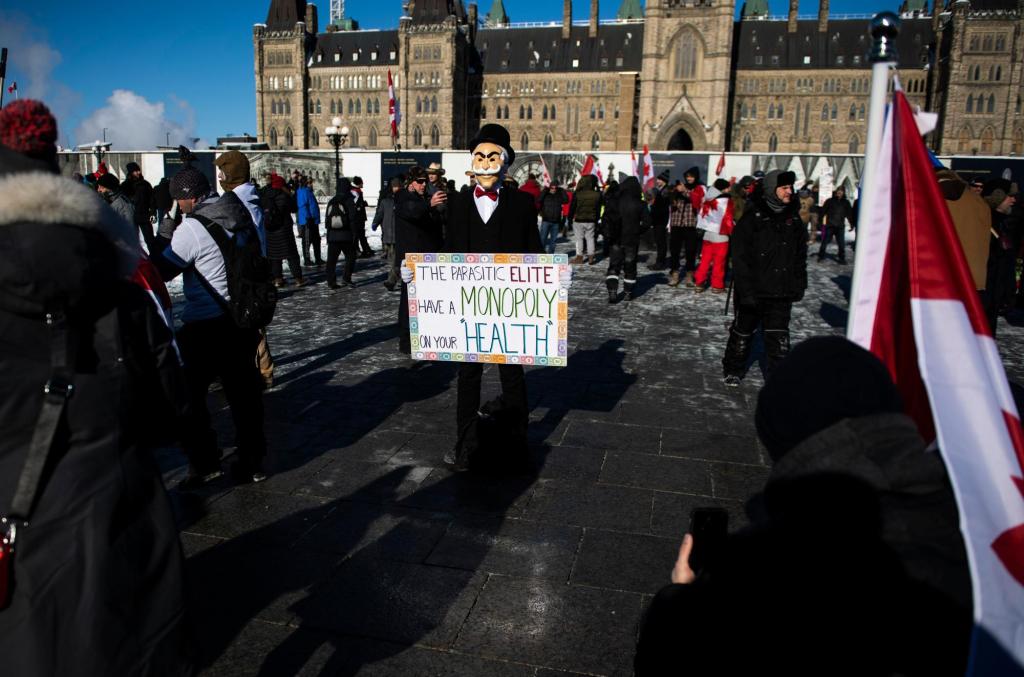Lawyers representing disgraced Theranos founder and accused fraudster Elizabeth Holmes said in a civil case claim she hasn’t paid them for more than a year and probably never will, according to court records, and they don’t want to be her lawyers anymore.
The three attorneys from the firm Cooley LLP argue in a court filing that you can’t get blood from a stone.
![]()
“Ms. Holmes has not paid Cooley for any of its work as her counsel of record in this action for more than a year,” lawyers Stephen Neal, John Dwyer and Jeffrey Lombard said in the filing.
“Further, given Ms. Holmes’s current financial situation, Cooley has no expectation that Ms. Holmes will ever pay it for its services as her counsel.”
The lawyers are seeking approval from the court to stop representing Holmes. “It is unfair and unreasonable to require Cooley to continue representing Ms. Holmes in this action,” said the filing. It was made Sept. 30 in a civil case against Holmes, the Walgreens drug store chain and Theranos, the company whose rise and fall also put her in federal criminal court charged with conspiracy and fraud.
Holmes, who was CEO of the Palo Alto blood-testing startup, could not be reached for comment. Theranos marketed blood-testing technology that federal authorities say did not perform as advertised.
Plaintiffs in the class-action civil case, filed in U.S. District Court in Phoenix, accuse Holmes, her company and Walgreens — which had offered Theranos blood-testing services in Arizona and Palo Alto — of fraud, and in the cases of Walgreens and Theranos, medical battery. Walgreens, Holmes and Theranos have denied the allegations.
In the federal criminal case, Holmes and former company president Sunny Balwani were indicted by a grand jury in June 2018. They have pleaded not guilty to 11 criminal counts of wire fraud and conspiracy to commit wire fraud.
Federal prosecutors allege the pair claimed their purportedly revolutionary “miniLab” system could use a few drops of blood from a finger-prick to quickly conduct a full range of tests, when in fact it had accuracy and reliability problems, performed limited tests, and was slower than some competing devices.
The FBI has alleged that Holmes and Balwani endangered health and lives. That case continues in San Jose U.S. District Court, with a trial date set for July 28 next year. Jury selection will start on that date with the court to begin hearing evidence Aug. 4.
Holmes — who dropped out of Stanford University at 19 to found Theranos — and Balwani face maximum penalties of 20 years in prison and a $2.75 million fine, plus possible restitution, the Department of Justice has said.
Members of her legal team in the criminal case did not respond to questions about whether Holmes has been paying them.










